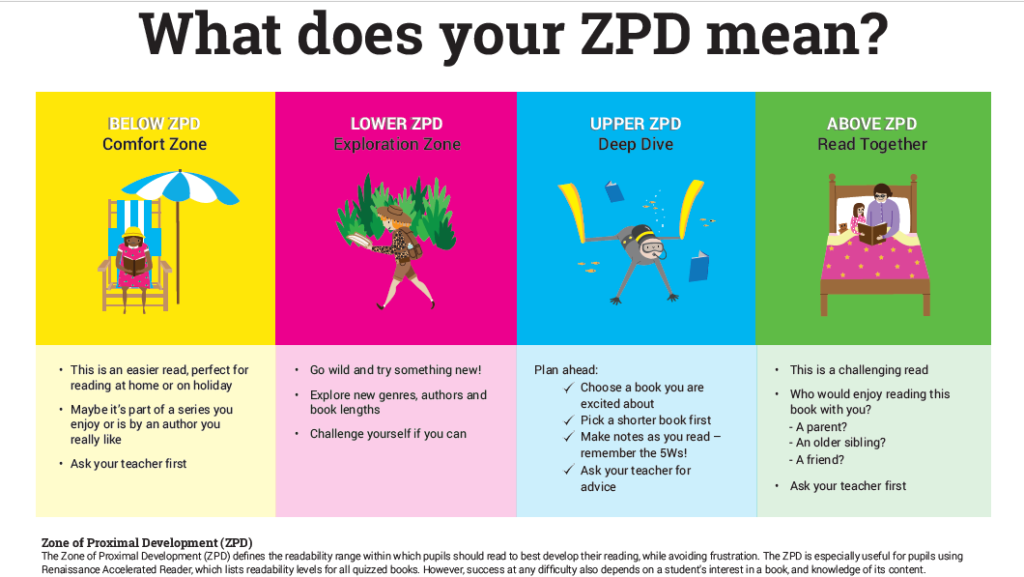Reading
Our vision at Whitchurch Primary School is that all children will develop a life-long love of reading. Whilst we know that phonological awareness is key to developing children as early readers, we recognise that some children may need additional help. As a result, we approach the teaching of reading from all angles, so as to miss no opportunity to spark a child’s interest.
All children read in school every week, either through Guided Reading, Shared Reading, Individual Reading or Buddy Reading. Teachers chose an approach that suits their individual groups of children.
Through Literacy lessons teachers read a huge variety of written material regularly with the children, fiction and non-fiction, stories, reports, diaries and poems. Each class has access to a classroom library containing a range of different reading materials.
We have a home-school reading system (up to Year 6), which requests that children read a book at the appropriate level for them, for at least ten minutes each day.
Early Reading
At Whitchurch, we build a firm foundation as the children enter school with a systematic programme of synthetic phonics. We follow Phonics Play which is based on Letters and Sounds.
How do we teach early reading? We take the following approach:
- Introduce the sequence of phonemes as laid out in Letters and Sounds.
- Teach children the phoneme/ grapheme correspondence.
- Teach the children to blend for reading and then segment for spelling.
- Teach High Frequency words – these are sometimes called tricky words because they are not decodable.
- Once the children are blending the phonemes that have been taught, they will take home a book matched to those phonemes.
- Each child reads in a group every week building their skills in prediction and context cues and applying their phonic knowledge.
- Children hear a variety of stories every day which fosters enjoyment of stories.
By the end of Foundation, we aim for the children to have meet the following Early Learning Goals.
In Reading these are:
- children read and understand simple sentences.
- They use phonic knowledge to decode regular words and read them aloud accurately.
- They read some common irregular words.
- They demonstrate understanding when talking with others about what they have read.
Do you want to help your child at home? This website has a guide to tell you how to pronounce the phonics sounds correctly.
https://www.oxfordowl.co.uk/for-home/reading/phonics-made-easy#audio
If you want to read more about Letters and Sounds, then use the link to get more of an overview.
In Key Stage 1, children choose books from a book banded grading system. The school uses a variety of reading schemes which suit different learners. Staff have reviewed all of these books to place them onto this system.
As they move off this system they are assessed and matched to books according to their ZPD level .
(ZPD = Zone of proximal development (ZPD) is a range of readability levels from which a student should select books to read. It is a range that is neither too hard nor too easy, within which students can experience optimal growth.)
Our books in class libraries are all labelled with their ZPD codes.
We have a non fiction library, which is open at lunchtimes twice a week. Children can take out books to read at school or at home.
